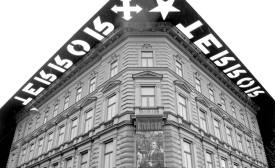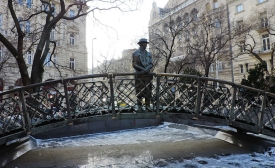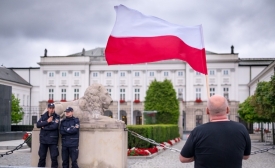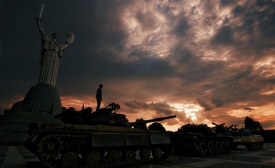historical memory

In part two of this two-part series, CPD Faculty Fellow Vivian Walker positions Hungary's brick-and-mortar revisionism as classic disinformation.

In part one of this two-part series, CPD Faculty Fellow Vivian Walker positions Hungary's brick-and-mortar revisionism as classic disinformation.

Paweł Surowiec unpacks the role of soft power statecraft amidst Poland's recent legislation about WWII narratives.
Nepalese kings organized massive hunts to get on the good side of the British – hunts that may have been terrible for conservation, but worked diplomatic magic. [...] ‘Hunting diplomacy’ lent the Ranas much-needed social capital with the British elite, and an invite from the Ranas of Nepal became a much-coveted affair for the colonists themselves.
“For many Americans who visit the museum, it is the basic lesson of what happened in Cambodia,” Hudson told VOA. “But most importantly, it delivers a deeper message that genocide did not end with the Holocaust; that the Holocaust was not the only genocide to happen and that we continue to repeat the mistakes of the past.
In the case of shared history, there is no way to suggest an appropriate narrative of any historical event that would be satisfactory for all counterparts. Digital rewriting, reevaluation, or reassertion of history is inevitability problematic. The only way to eliminate such conflicts and disconnect raised on social media is to emphasize “shared understanding and mutual openness.”

Olga Krasnyak discusses how disputes over historical memory in Russia and the Baltic States have played out on social media.
In postwar France, two men had a bold, even utopian idea: a peace-loving network of ‘world cities’. [...] The symbol of the global city remains an effective one. As the idea of globalisation falters and tensions between nations ratchet up once more, is the world ready to revisit the older idea of global cities?







